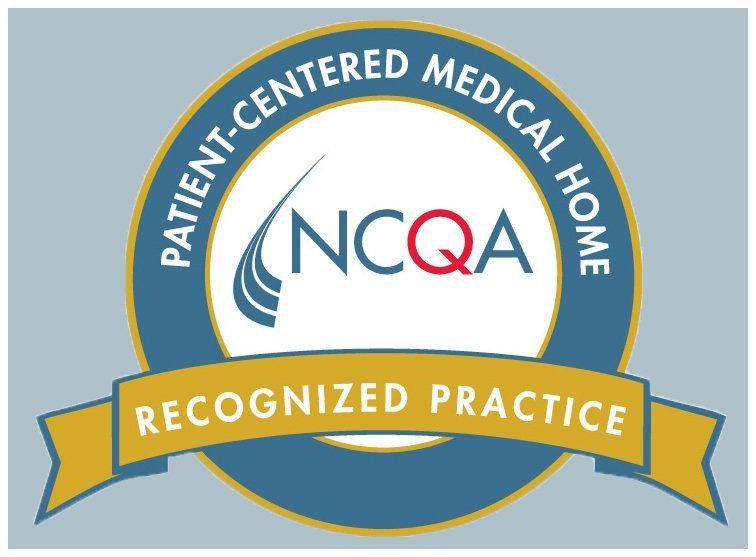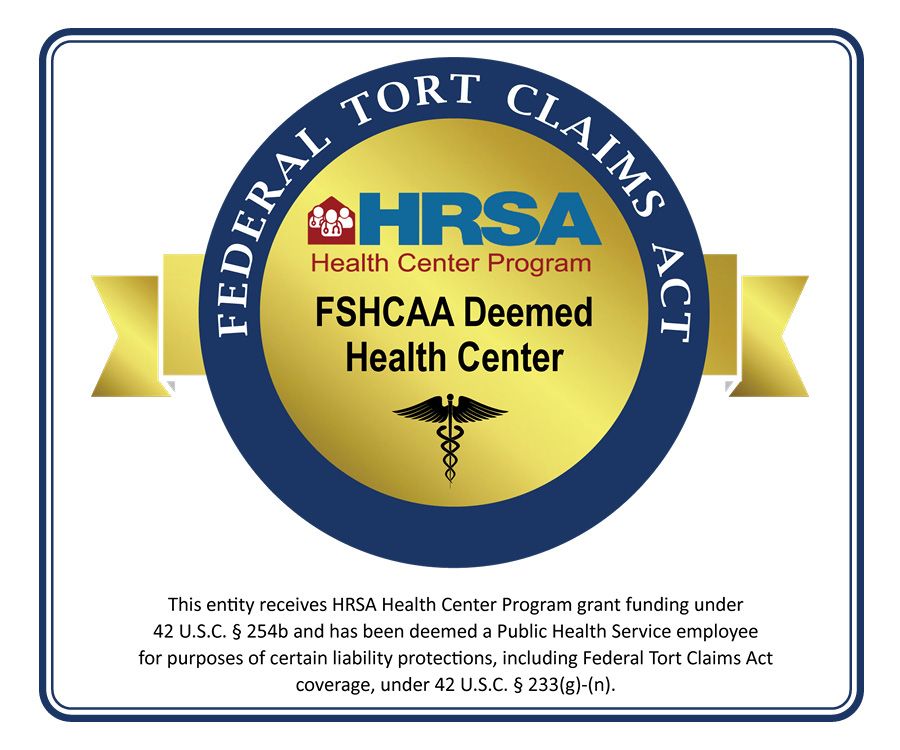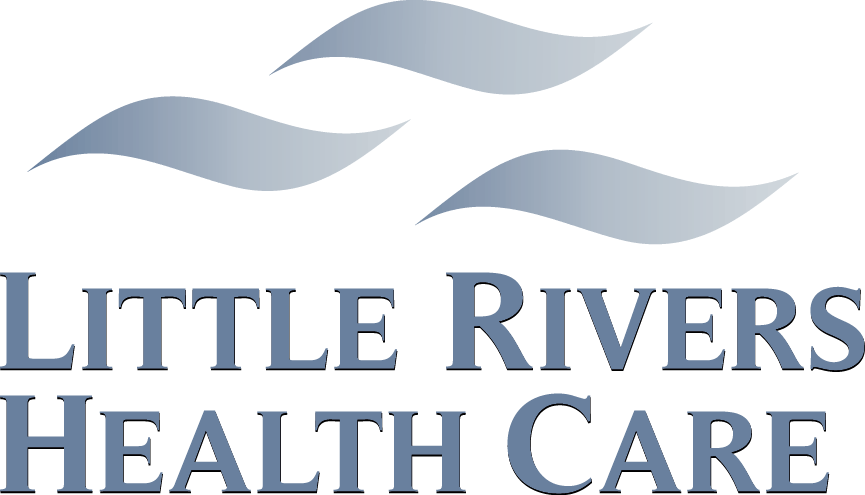Our mission is to provide respectful, comprehensive primary health care for all residents in our region, regardless of their ability to pay. We offer quality health care services to everyone. In the spirit of community, we make efforts to reach out and welcome those who need health services, but may have insufficient means to access them. We commit ourselves to continually reduce the burden of illness, injury, and disability, and to improve the health and quality of life of those for whom we care.
Provider Credential Definitions
Medical Doctor (MD)
This is earned by attending medical school and learning to diagnose patients’ symptoms and offer treatment. MDs can prescribe medication.
Nurse Practitioner (NP)
Nurse Practitioners (NPs) complete master’s or doctoral degree programs, and are independent clinicians who have received advanced clinical training. NPs are more than just health care providers; they are mentors, educators, researchers and administrators. Patients who see NPs as their primary care provider often have fewer emergency room visits, shorter hospital stays and lower medication costs. With more than 1.06 billion visits made to NPs each year, patients report an extremely high level of satisfaction with the care they receive. NPs provide a full range of primary, acute and specialty health care services, including:
- Ordering, performing and interpreting diagnostic tests such as lab work and x-rays.
- Diagnosing and treating acute and chronic conditions such as diabetes, high blood pressure, infections and injuries.
- Prescribing medications and other treatments.
- Managing patients' overall care.
- Counseling.
- Educating patients on disease prevention and positive health and lifestyle choices.
For more NP information, please visit the American Association of Nurse Practitioners website at https://www.aanp.org/about/all-about-nps/whats-a-nurse-practitioner.
Physician’s Assistant (PA)
A person trained to perform under the supervision of a physician many clinical procedures traditionally performed by a physician, as diagnosing and treating minor ailments.
Family Physicians
A specialist that cares for the whole family, including children, adults, and the elderly. They do routine checkups and screening tests, give you flu and immunization shots, and manage diabetes and other ongoing medical conditions.
Family physicians, through education and residency training, possess distinct attitudes, skills, and knowledge which qualify them to provide continuing and comprehensive medical care, health maintenance and preventive services to each member of the family regardless of gender, age, or type of problem, be it biological, behavioral, or social. These specialists, because of their background and interactions with the family, are best qualified to serve as each patient's advocate in all health-related matters, including the appropriate use of consultants, health services, and community resources. (https://www.aafp.org/about/policies/all/family-physician-definition.html)
Obstetrics (Ob-Gyn)
A specialist that deals with the care of women during pregnancy, childbirth, and the recuperative period following delivery.
Pre/Post Natal Care
Pregnancy care consists of prenatal (before birth) and postpartum (after birth) healthcare for expectant mothers.
It involves treatments and trainings to ensure a healthy prepregnancy, pregnancy, and labor and delivery for mom and baby. (healthline.com)
Infectious Disease (ID)
A specialist is an expert in the diagnosis and treatment of diseases caused by microorganisms, including bacteria, viruses (such as HIV and hepatitis), fungi and parasites. Known as “medical detectives,” ID specialists solve complicated cases by identifying the causes of infection and the most effective treatment. ID specialists often work alongside general internists and pediatricians as well as other medical and surgical specialists, lending their expertise to the treatment of infections in major organ systems (e.g., cardiovascular, central nervous system, circulatory, etc.).
Internist
An internist is equipped to handle the broad and comprehensive spectrum of illnesses that affect adults, and are recognized as experts in diagnosis, in treatment of chronic illness, and in health promotion and disease prevention—they are not limited to one type of medical problem or organ system. General internists are equipped to deal with whatever problem a patient brings—no matter how common or rare, or how simple or complex. They are specially trained to solve puzzling diagnostic problems and can handle severe chronic illnesses and situations where several different illnesses may strike at the same time.
Behavior Health Provider Definitions
Psychiatric-Mental Health Nurse Practitioner (PMHNP)
Licensed Independent Clinical Social Worker (LICSW)
A specialty practice area of social work which focuses on the assessment, diagnosis, treatment, and prevention of mental illness, emotional, and other behavioral disturbances. Individual, group and family therapy are common treatment modalities.
Master of Social Work (MSW)
A master’s degree is a professional degree specializing on direct social work practices.
Certified Clinical Mental Health Counselor (CCMHC)
Have earned their board certification and offer the highest standards of practice in clinical mental health counseling because they have met stringent education, examination, supervision, experience, and ethical requirements.
Medication Assisted Treatment provider (MAT)
The MAT program and its providers is primarily used for the treatment of addiction to opioids such as heroin and prescription pain relievers that contain opiates. The prescribed medication operates to normalize brain chemistry, block the euphoric effects of alcohol and opioids, relieve physiological cravings, and normalize body functions without the negative and euphoric effects of the substance used. (SAMHSA.gov)
Licensed Alcohol and Drug Counselor (LADC)
The Certified Alcohol and Drug Counselor (ADC) and Licensed Alcohol and Drug Counselor (LADC) licensure is meant for primary counselors, those counselors who are providing addiction treatment as the main focus of their job. Many people in the field have the skills and knowledge of many of the counseling domains. However, if as part of their job they are referring the client to a counselor rather than providing the treatment themselves, then they are not considered an addiction counselor.
If you are experiencing a life-threatening emergency, call 911 or go to the nearest emergency department.
For after-hours medical concerns, call any clinic number to speak with a healthcare professional for medical advice & information.







